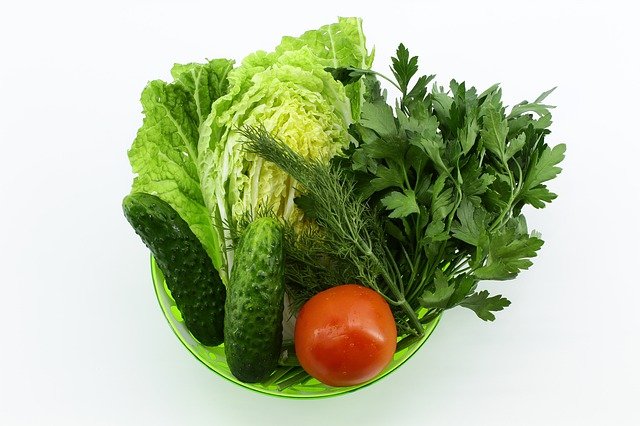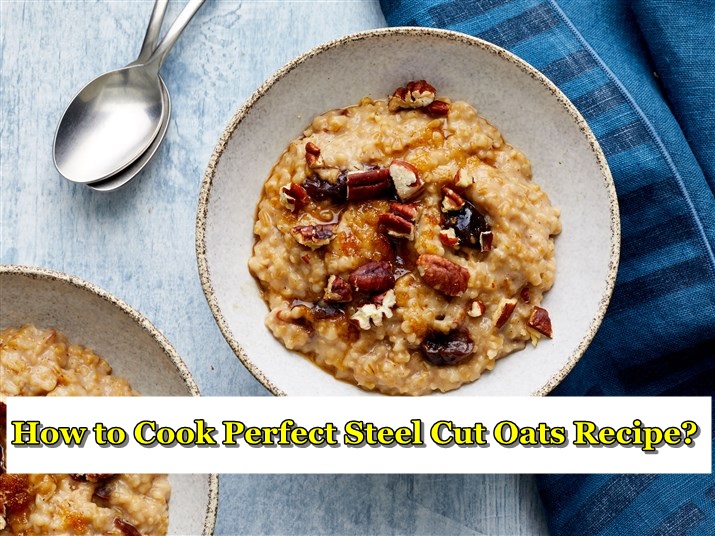Benefits Of Flaxseed Oil In Your Weight Gain Diet!

Flax seed oil is a plant-based oil, which contains omega-3 fatty acids, especially alpha-linolenic acid. Having sufficient amounts of omega-3 fatty acids in ones diet has been linked to a lowered risk of heart disease, arthritis, inflammatory bowel disease, and a variety of other health problems that are common in our modern society. From a weight gain or bodybuilding perspective, flax seed oil (in the correct amounts) is a healthful way to increase your caloric intake without the bulk and burden of consuming yet more food.
Benefits Of Flaxseed Oil In Your Weight Gain Diet
I don’t think many bodybuilders realize just how many benefits there are when it comes to flaxseed and flaxseed oil. It is truly a supplement that should be considered “essential” if you are weight training hard.
In the human body, alpha linolenic acid is converted into an omega-3 fatty acid and enhances the insulin sensitivity within the muscle cells. In addition to this, flax seed oil stimulates steroid production and serves as a valuable source of energy.
As if this is not enough, the flax seed comes packed with a long row of other desirable characteristics. Did you know that for every 100 grams of flax seed you eat you get 25-30 grams of protein? If you eat 100 grams of ham, you only get around 15-20 grams of protein, and the celebrated tuna fin normally lands around 23 grams of protein per 100 gram serving.
To make things even better, 100 grams of flax seed will provide you with no less than 1.9 mcg folic acid, 8.65 mg niacin, 0.24 mg B1, 0.25 mg B2, and 9.43 mcg B12. The oil found inside the seed also contains ample amounts of fat-soluble vitamins – 655 mcg of vitamin A, 4.5 mcg of vitamin D, and 1 mg of vitamin E.
If you want to enjoy the benefits of flaxseed oil, it is important to ground the seeds before you eat them or use pure flax seed oil from a bottle. The flax seed is too hard for the stomach to digest and if you eat whole flax seeds they will just pass through you without releasing any nutrients. It’s much easier taking flax seed oil but it’s also a bit more expensive.
Essential Fatty Acids (EFA’s) such as Flaxseed oil play a crucial role in thousands of biological functions, in particular hormone production, vitamin absorption and the structure of cell membranes.
Despite popular belief fatty acids are necessary for overall health, and it’s a big mistake trying to eliminate fat from your diet. True, saturated fat and trans fat is harmful and should be limited in your diet, but EFA’s are different, they are classed as unsaturated fat and more specifically, polyunsaturated fat.

Unlike saturated and trans fat, polyunsaturated fat is not linked with heart disease and is not stored by the body in the way saturated fats are. In fact EFA’s must be derived from your diet, as the body cannot produce them. What these “Omega” fatty acids we hear so much about?
According to Dray et al (1980) Omega-3 fatty acid prevents muscle breakdown by reducing cortisol levels, increases HDL (the good form of cholesterol), assists in hormone production, increases metabolism, increases insulin sensitivity and is overall cardio-protective. Dieticians have advocated the consumption of oily fish such as mackerel for years now simply because it’s rich in Omega-3.
Taking flax seed oil regularly is a convenient way to get all the benefits of essential fatty acids and the acclaimed Omega-3 fatty acid. That’s why thousands of athletes, bodybuilders and health conscious individuals take it every day.
How much should you take?
The quantity of flax seed oil you should consume depends on how much fat you consume in the rest of your gain weight diet. Ideally, set a target for the amount of fat you wish to consume, and have as many flax seed oils as you want without exceeding the fat limit. If you eat oily fish (salmon etc), you won’t need as much flaxseed oil. One tablespoon a day amounts to an extra 125kcals or so which is a nice calorie boost.
Best Flax Seed Oil Brand
I’ve used Flax Seed oil for years and the best brand I’ve found so far is Udo’s Choice Oil. Flax tastes pretty awful (which is why it’s best mixed in a drink or shake!) but Udo’s Oil is bearable even on its own.
It’s a high-grade product and it needs to be because EFA’s can easily be spoiled by heat and sunlight (always store Flax Seed oil in your refrigerator). Udo’s 3.6.9 blend costs around $37 for a 32oz bottle and will last 2 months at the recommended dose of 1 tablespoon per day – pretty good value for money in my book.
How to Take It
A lot of people want to include more flax seed and flax seed oil in their weight gain diet but are confused about how to do it. If you are tired of simply sprinkling flax seeds over your breakfast cereals or salads, why not try a delicious banana smoothie with flax seed oil for a change?
Banana Smoothie with Flaxseed Oil
- Peal half a banana and put it into a blender.
- Add 1 scoop of protein powder, ½ cup of milk, ½ tablespoon of flaxseed oil, and 1 teaspoon of psyllium husks.
- Mix all ingredients together.
- Add ¾ cup of your favourite berries, e.g. blueberries or raspberries.
- Mix everything for a few seconds, depending on how fine your want the berries. Some prefer a perfectly smooth smoothie while others prefer to let the berries stay somewhat intact.
- Serve immediately.
Other great ways to introduce Flax to your diet are:
- Add 1-2 Tablespoons to juice or water, stir and drink or add that same amount to your favorite shake or blended drink.
- Add a tbsp of flax seed oil on your pizza, soup, salads, cereals, hot or cold. Shake on your hot dish or your hash browns, baked potatoes and more. Use as a thickener in your sauces. (Add when almost ready to serve a few dashes and your sauces are thicker and healthier). The options are endless; you can become your own detective and feel better by adding flax to your diets.
- Baking with flax is a great way to introduce it into foods you normally eat. Keep in mind that the living enzymes and EFA’s are killed when heated to high temperatures. Instead, you may want to sprinkle flax onto your foods after cooking – the possibilities are endless. You should never cook with flax oil – instead, use the oil for salad dressings, dips, vegetable toppings and smoothies. Use your imagination.




